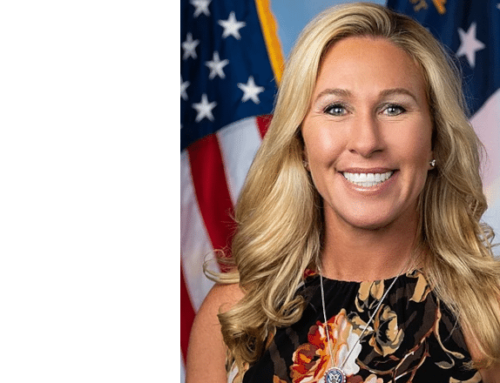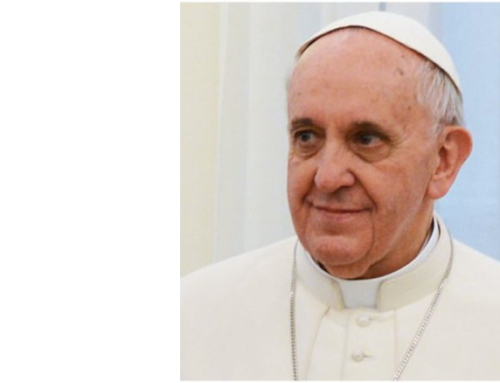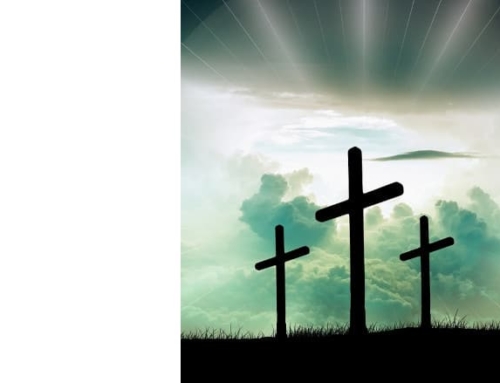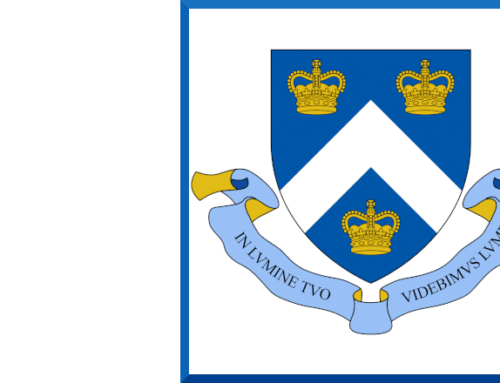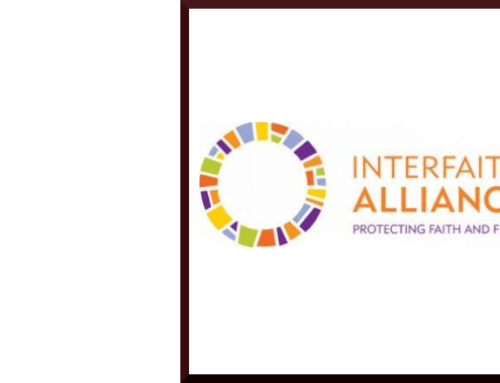The death of Pope Francis on Easter Monday caught many as a surprise, though not as a shock. He definitely rebounded from the time he was hospitalized, but he never regained his normal stature.
His funeral on April 26 will draw media coverage from all over the world. After the funeral, the voting cardinals will meet to discuss his successor; the voting will begin in two weeks.
Pope Francis appointed approximately 80 percent of the cardinals who will make that choice. This suggests that someone closer to his vision of the Church will be chosen. On the other hand, he has chosen men from the hinterland, from far away places where a penchant for orthodoxy, not change, is commonplace. This suggests that the new pope may be more of a traditionalist.
It does seem likely that whoever is chosen will have to bring about more clarity than we have been accustomed to under Pope Francis. Quite frankly, the Holy Father often made pronouncements that fostered confusion. The time has come to promote a more coherent vision; this will require a gentle push of the pendulum back to the middle.
If the cardinals decide to choose someone who is a traditionalist, they can do no better than to look to Africa. It is home to the most brilliant orthodox clergy in the world. If the cardinals want to choose someone more like Francis, they will look to Europe.
It appeared that Pope Francis would have liked to have made more changes, especially with regard to the Church’s teachings on sexuality. He made that apparent by the appointments he made of cardinals to senior positions. But he also knew his authority was limited by Scripture and tradition.
Those cardinals who share Pope Francis’ vision of the Church will find it easier to organize, and that is because most of them know each other. On the other hand, those who prefer the traditionalist vision of the Church favored by Pope Benedict XVI and Pope John Paul II are at a decided disadvantage, and that is because so many of them are from the peripheries; they really don’t know each other.
There will be time, however, for everyone to meet and discuss their concerns and preferences. The voting cardinals will travel to Rome today and tomorrow, and they have the rest of the week—especially next week—to familiarize themselves with each other.
In many ways, the passing of the papal baton will bring about a showdown between those who identify with Pope Francis, as many in Europe do, and those who want a return to a more coherent vision for the Church, as exemplified by the African clergy. In short, will it be the cardinals in the developed world who will prevail, or will it be those in the developing countries who will prove triumphant?
Of course, there are traditionalists in Europe, and there are progressives in Africa, but the generalization holds true. One thing is certain: wherever progressivism reigns, the churches are increasingly empty; where traditionalism is the norm, the churches are mostly thriving. That alone should count a great deal. Orthodoxy is a winner; heterodoxy is a loser.



